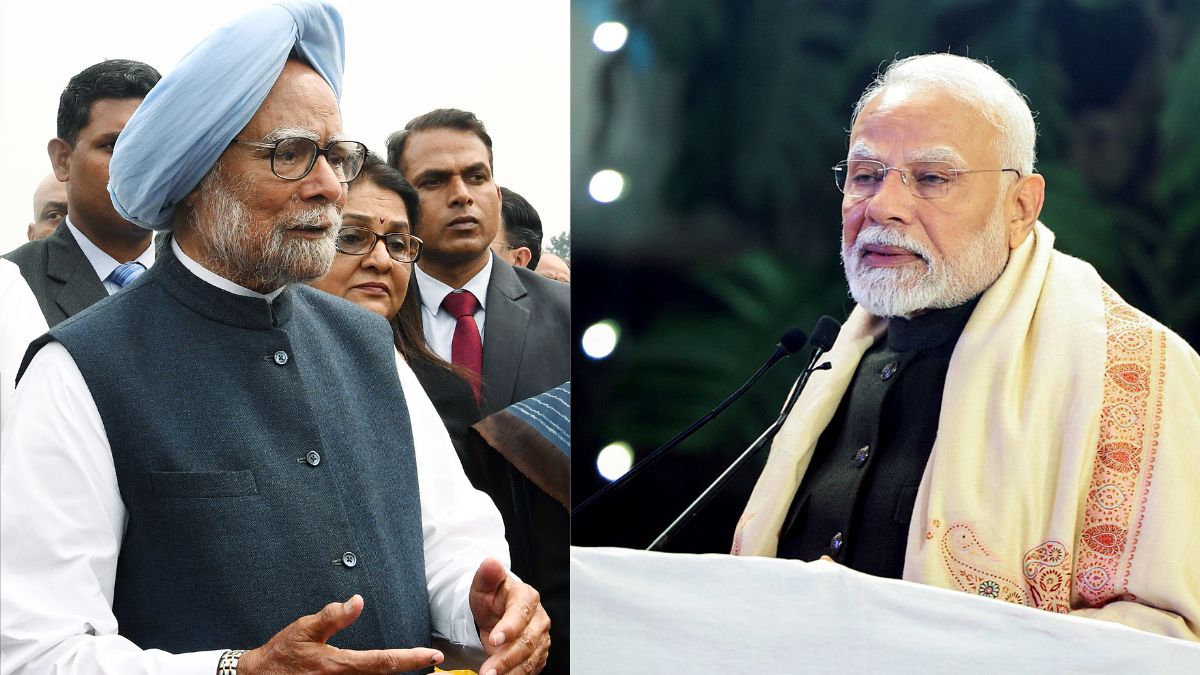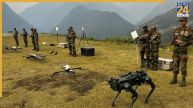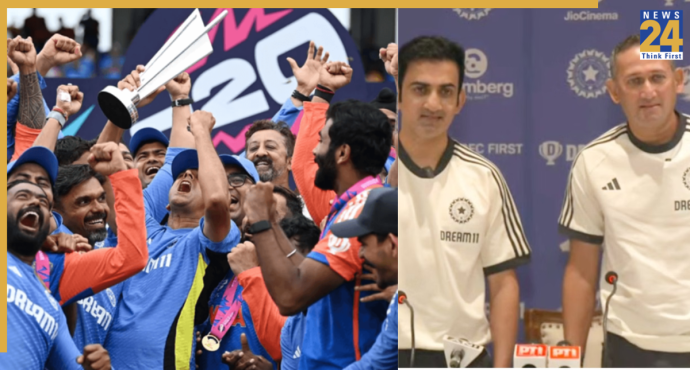Dr. Manmohan Singh was often criticized by the opposition and his political opponents, who dubbed him “Maunmohan Singh”—a Hindi term reflecting a “silent” minister. They argued that despite being Prime Minister, he remained silent and powerless in critical situations.
A few months before losing power 11 years ago, Manmohan Singh dismissed claims of weakness, asserting that history would judge him more favorably than the contemporary media or the then-opposition BJP, now the ruling party. Critics within his own party were frustrated by his steadfastness on policy matters.
Manmohan Singh On ‘Silent PM’
According to various reports, Singh stated during his third and final press conference as Prime Minister, “I do not believe that I have been a weak Prime Minister…I honestly believe that history will be kinder to me than the contemporary media or for that matter the Opposition…Given the political compulsions, I have done the best I could do…It is for history to judge what I have done or what I have not done.”
He took a jab at his critics who called him a silent prime minister, saying he was never afraid to talk to the media and regularly interacted with the press. This comment is seen as a subtle critique of Prime Minister Narendra Modi, who hasn’t held a single press conference since taking office at that time.
"People say I was the silent Prime Minister…
I certainly would like to say that I was not the Prime Minister who was afraid of talking to the press”. – Dr. Manmohan Singh, Former Prime Minister of India.
And certainly the last Prime Minister to give a press conference. pic.twitter.com/b6MeeqKNpS
— Rohini Anand (@mrs_roh08) September 26, 2023
Modi’s ‘Maun’ Mohan Jibe at Manmohan Singh
PM Narendra Modi mocked the former Prime Minister for his ‘silent’ character, calling him ‘Maun (Silent) Mohan Singh’ at an election rally in Himachal Pradesh in 2012.
This is what he said about Manmohan Singh-“‘Maun’mohan Singh had come to Himachal yesterday. The biggest headlines in newspapers today are that ‘Maun’mohan Singhji broke his silence in Himachal. Have these two people (the PM and Congress president Sonia Gandhi) spoken a word on inflation? Have they given reasons for the inflation? Have they expressed any empathy with the masses over inflation?” Mr. Modi repeatedly emphasized the Hindi word “maun.”
Jab At Prime Minister Modi
At the launch of his book “Changing India,” a five-volume set, in 2018, he said, “I was not the PM who was afraid of talking to the press. I met the press regularly, and on every foreign trip I undertook, I had a press conference on return. There are large number of those conferences described in the book. People say I was a silent PM, but will speak for themselves. I don’t want to boast about my achievements as PM, but the events are well described in these volumes.”
Singh’s remark seemed politically charged, as Modi is often criticized by observers for avoiding media questions, despite having previously targeted Singh as “Maun-mohan” when he was in the opposition. This criticism stems from Modi’s reluctance to hold press conferences or engage directly with the media, a stark contrast to his earlier stance when he frequently accused Singh of being silent and ineffective. Observers note that Modi’s approach to media interactions has led to a perception of a lack of transparency and accountability, further fueling the political tension between the two leaders.
At the launch, Singh also added “despite all the hiccups and hurdles, I have no doubt that India will get its action right. Despite the difficulty that may be on the horizon, this country is destined to be a major powerhouse of the global economy.”
On the same day, Singh recalled his first budget speech, where he quoted Victor Hugo and said,
“No power on earth can stop an idea whose time has come.”
“I suggest to this august house that the emergence of India as a major economic power in the world happens to be one such idea. Let the whole world hear it loud and clear. India is now wide awake. We shall prevail. We shall overcome,” he quoted from his budget speech of 1991.
Also Read: Manmohan Singh Net Worth: How Much Wealth Did India’s Former PM Leave Behind? Here’s What We Know
Accidental Prime Minister
Reflecting on how he became Finance Minister by “accident,” Singh shared that then-Prime Minister P.V. Narasimha Rao initially wanted economist I.G. Patel for the role. However, when Patel declined, the position fell to Singh. “People say I was an accidental Prime Minister, but I was also an accidental Finance Minister,” he remarked humorously.
Singh noted that despite changes in government at the Centre, the core direction of India’s economic policy has remained consistent since the reforms initiated in 1991, when he was Finance Minister.
Singh stated that the five-volume book, which chronicles his journey as an economist, policymaker, and Prime Minister, stands as a testament to his contributions to the country.
When asked about the relationship between the RBI and the government, Singh stressed the importance of a “strong, independent RBI” that works closely with the Central government. He expressed hope that the two entities would find ways to collaborate effectively. “One must respect the autonomy and independence of the RBI. At the same time, I would compare the relationship between the government and the RBI to that of a husband and wife. There will be hiccups and differences of opinion, but ultimately, these must be harmonized so that these two great institutions can work in harmony. Whoever is the Governor of the RBI, I wish him well,” he said.
Singh’s tenure as Finance Minister is seen as a pivotal moment in India’s economic history. Confronted with a severe economic crisis, including a balance of payments issue and dwindling foreign reserves, he implemented transformative reforms that liberalized the economy, promoted privatization, and integrated India into global markets. These measures not only averted the crisis but also set India on a trajectory to become one of the world’s fastest-growing economies. His actions during this period are often credited with laying the foundation for the economic growth and development that followed, showcasing his vision and determination in the face of adversity.
Also Read: Former PM Manmohan Singh Passes Away: The Man Who Reshaped India’s Economy – A Look Back!













